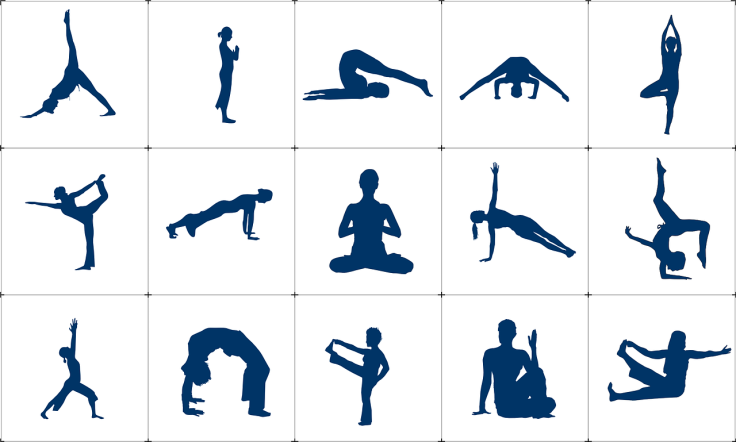Yoga Helps Improve Depression And Anxiety Symptoms

Yoga, which is all about physical postures and breathing techniques, is found to be helpful in improving depression and anxiety symptoms in individuals with major depressive disorder (MDD).
The researchers from the New York Medical College in Valhalla who sought to investigate the impact of yoga on MDD symptoms studied the impact of Iyengar yoga postures and coherent breathing. They assigned 32 MDD patients randomly to either a high-dose group (HDG) or a low-dose group (LDG) based on the frequency of the yoga classes and homework sessions, over a period of 12 weeks.
They observed that individuals from both groups not only experienced a reduction in anxiety and depression but had also started feeling highly positive.
"Yoga and regulated breathing practices have been used for thousands of years in diverse cultures to manage stress, anxiety, depression, pain, and many other conditions," Medscape Medical News quoted the study’s coauthor Patricia L. Gerbarg, MD, an assistant professor in psychiatry. "Clinicians should seriously consider including mind-body practices such as yoga and coherent breathing in their treatment recommendations for patients with depressive symptoms."
According to the authors, though researchers have supported the role of yoga as an effective treatment for depression, only very few of them have evaluated its desirable dosing.
Thus, Gerbarg et al conducted this study to not only assess the effects of ‘an intervention combining Iyengar yoga and coherent breathing’ on psychological function in participants with MDD but also find out the optimal dose of such an intervention.
So they assigned the subjects to either of the following groups:
- Three 90-minute yoga classes + four sessions of 30-minute homework sessions
- Two 90-minute yoga classes + three sessions of 30-minute homework sessions
They were then asked to answer a set of psychological questionnaires and mood scales at weeks 4, 8 and 12.
Although the higher dose group subjects exhibited greater improvement in all scales, there wasn’t any statistically significant difference between the two groups.
The study has also found that MDD patients had lower levels of γ-aminobutyric acid (GABA) compared to healthy individuals. And post this yoga intervention, the study participants had GABA levels similar to those of healthy people. Such a finding paves the way towards future treatments of anxiety disorders, posttraumatic stress disorder, and substance abuse.
© Copyright IBTimes 2024. All rights reserved.






















